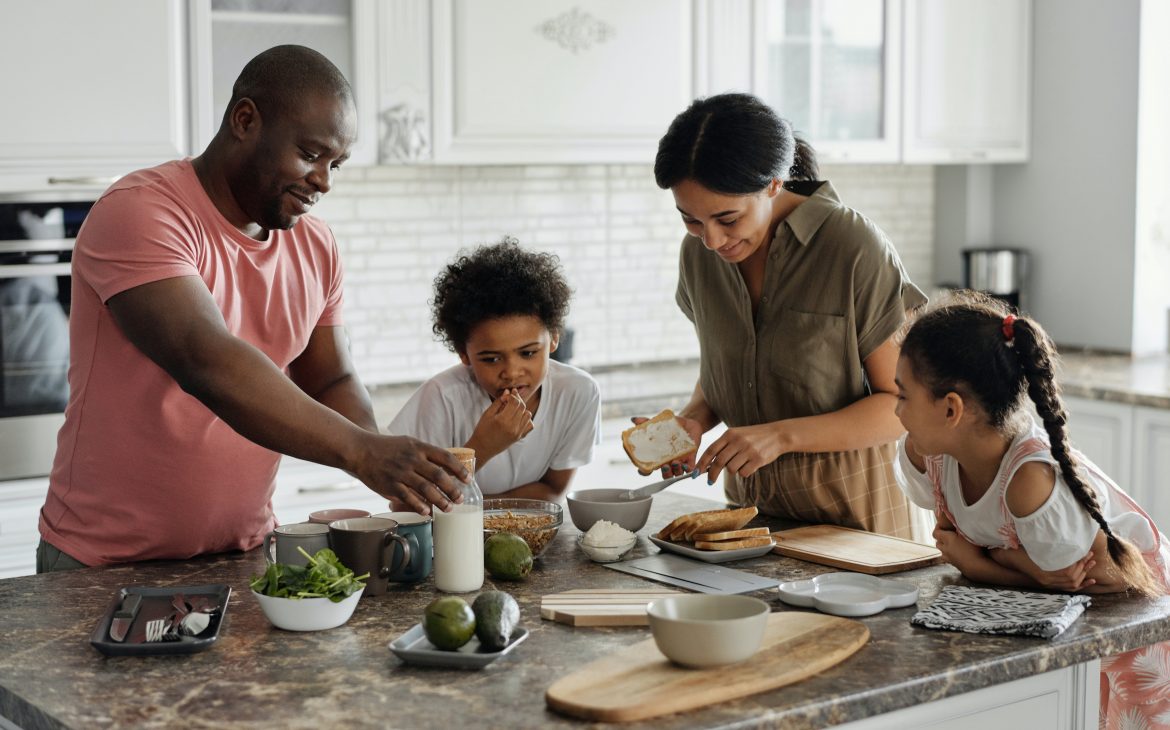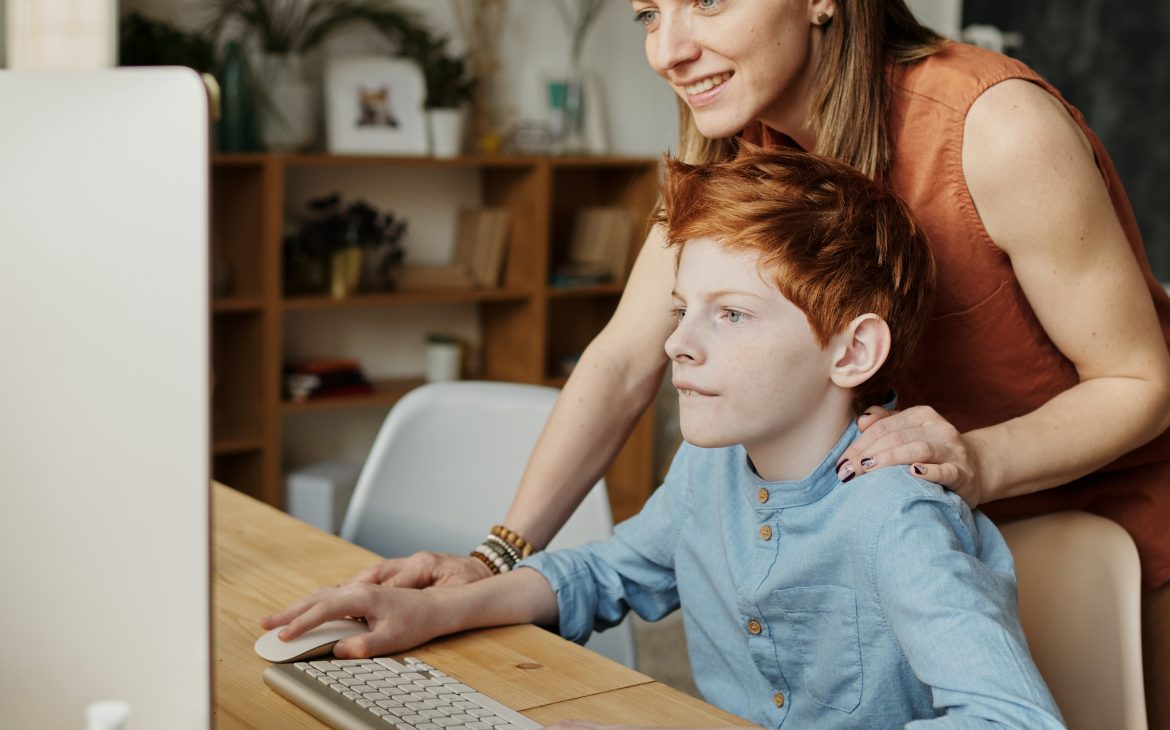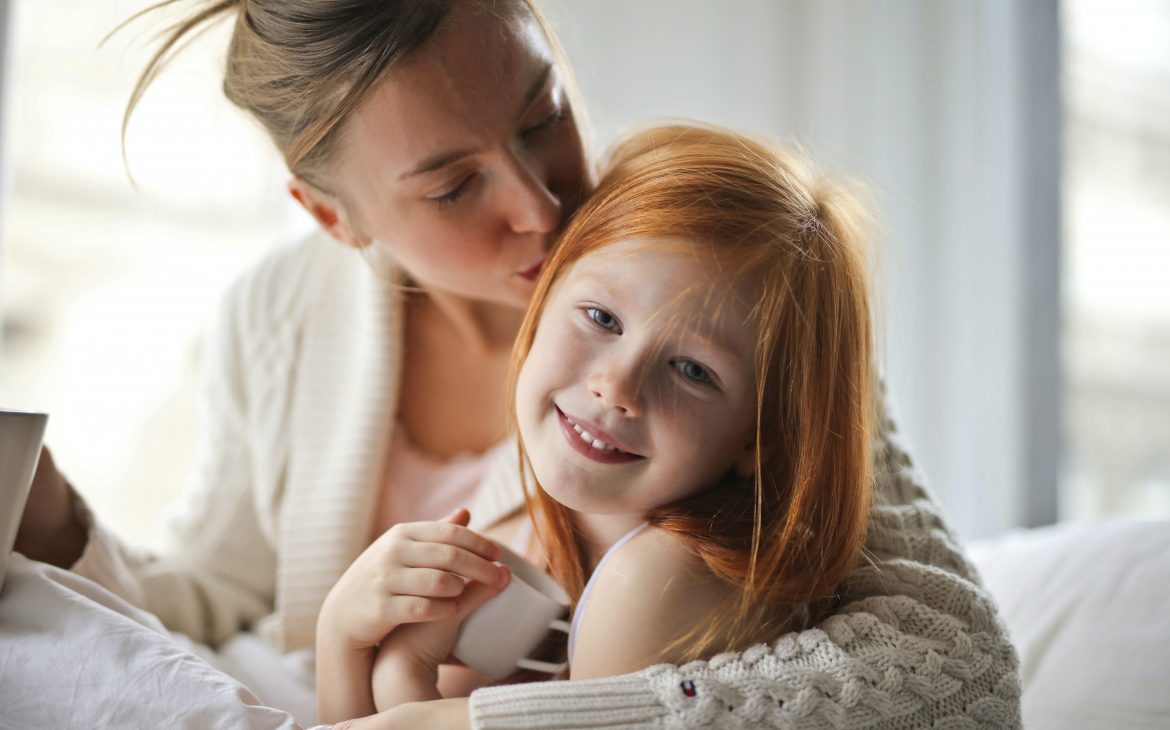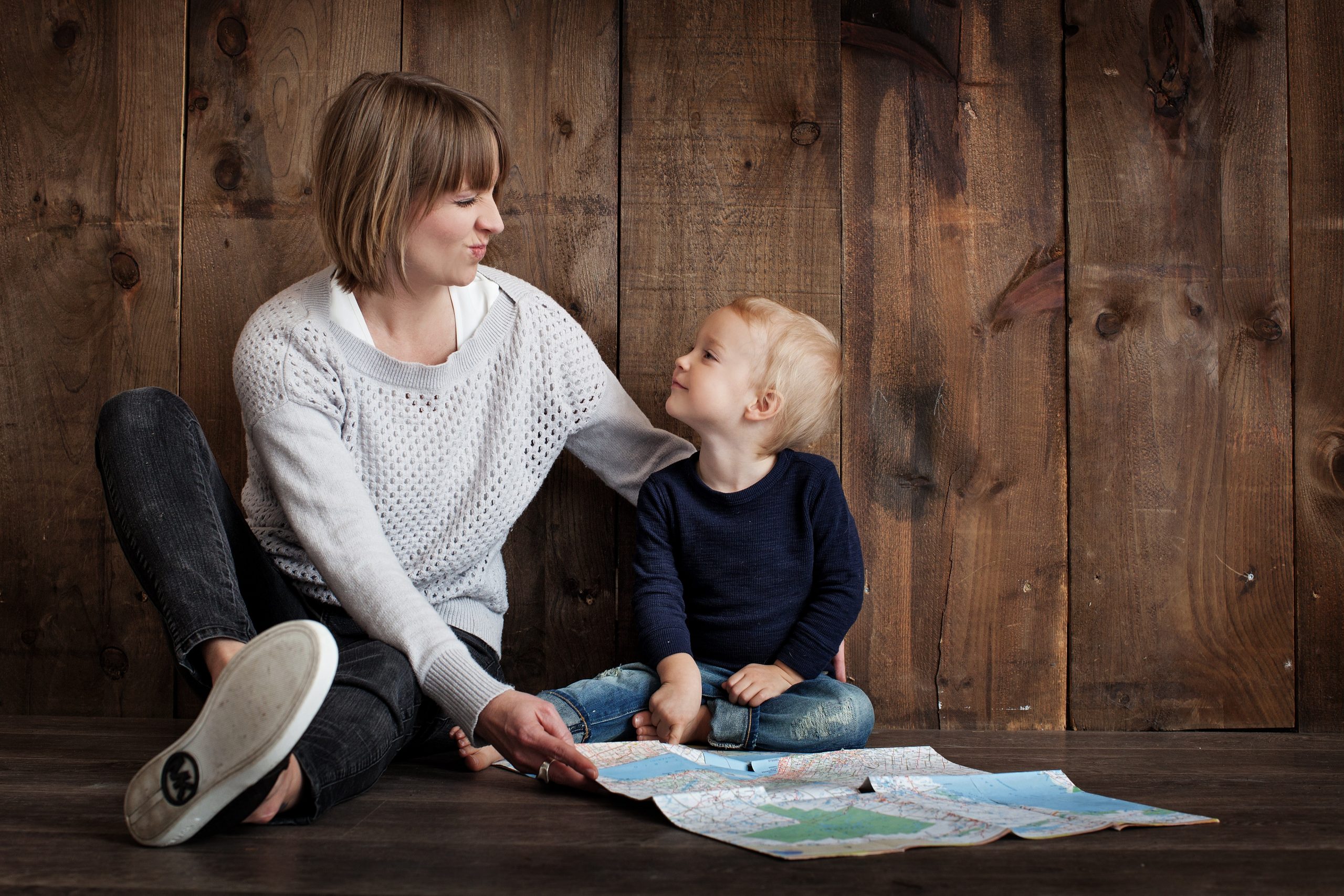How to talk to your children about the looming recession – as millions lose their jobs, families across the UK are suffering huge financial losses.
Covid-19 has created a huge amount of stress and anxiety for families all over the world. In fact, according to our recent study we know that adults (57%) have said that they have felt more stress and anxiety during Covid-19 than any other time in their life. Additionally, over half (51%) feel that Covid-19 will likely have a negative impact on their career and income and 46% of those surveyed are worrying about being able to provide for themselves and their family with 42% having difficulty sleeping due to their financial situations. This stress and uncertainty will undoubtedly have an impact on the entire household, children included.
Children pick up on parental stress. In order to manage your child’s anxiety, parents must first establish their own personal parental self-care routine in order to develop their own resilience. That then sets a positive coping model for the entire family to prioritise self care and build resilience. When communicating about any difficult topic with your kids, keep in mind their age and developmental stage.

For younger kids, it can be helpful to use some conversation and lots of playing/doing, while for older kids you can have more conversation and some playing/doing. In terms of having the conversation, make sure to focus on safety, reassurance, and consistency. If it’s appropriate give brief, honest, and concrete descriptions about what is happening and leave time for questions and reactions. An example might be: “With everything happening in the world we might have to be a little more careful with what we spend money on but know that we love you and are going to take care of you.’
How should parents respond to children’s anxiety during this time?
For children who are demonstrating signs of stress or anxiety it is important for parents to anticipate, accept, and respond to their distress. Some signs that they are struggling with stress could include regression in their behaviour or abilities, increased irritability, anxiety, emotionality, lethargy, sadness or anger.
Parents should follow this sequence – get calm, connect and problem solve. It’s important that parents talk to their kids to help them cope and move forward. Finding time to play games, to do some physical activity and other low cost activities are all going to be extra helpful now.

For younger children, prioritise safety and simplicity – they are probably witnessing more change recently than ever before – disrupted routine, social distancing, the use of masks/gloves, increased household stress. It’s important that parent’s talk through these changes simply – for example, “We’re staying home mostly now because some people are sick. When the people aren’t sick anymore, then we can do more of the things we used to, like play with friends” or “Sometimes we wear masks because they help us not get sick.”
Offer them the opportunity to ask questions and focus on back and forth dialogue. Engage them in positive coping methods – for example, “Do you have any ideas for how we can enjoy some family time while we’re sheltering at home?” Children who reach out to parents, siblings, childcare providers etc for understanding and support during difficult times instead of isolating are more likely to be resilient. Resilience is more than simply bouncing back after we’ve experienced a hardship. It’s a set of qualities that can be cultivated for responding to stressful situations (e.g. trauma, stress, family problems) in an adaptive way that leads to growth and learning. With resilience, not only can you survive adversity, but you can also thrive in the process.
When we are facing so many uncertainties, it’s important to try to make things feel as predictable as possible. Create a written plan that includes a structured routine with set sleeptimes, mealtimes and simple rituals – e.g. family movie or game night, going for a walk together. Allow for some flexibility, especially when you need it, and try to have fun everyday, even if briefly – let the kids be in charge of the fun! Help them stay connected to peers whether that be through scheduled zoom calls or socially distanced visits.
Consider implementing regular mindfulness practices – during periods of psychological stress, our bodies respond to stress in the exact same way it does to a physical threat in the environment – as if there’s a tiger in front of you, ready to pounce. By engaging in activities that are restful and rejuvenating, you are filling up your child’s “coping container” so that they will be more likely to be able to handle what comes their way.
There are some wonderful options for children (e.g. Headspace & Sesame Street or Moshi Sleep & Mindfulness, Cosmic Kids Yoga or Disney+ Zenimations). These are all tailored to children and are shorter than adult practices. I would recommend building up a mindfulness practice over time, whether that means starting with 30 seconds, 1 minute or 5 minutes.

Mindfulness is like exercise for the brain.
The more you do it, the stronger the muscle gets, and the more results you’ll see. Pick a time to meditate and commit to trying it for a week. New habits can be easier to form if you link them to existing, regular activities. For example, plan to meditate with your children every day after brushing your teeth in the morning or before you go to sleep. Incorporate mindfulness into everyday activities by encouraging your child to pay attention to their five senses when they take a bath or play outside or go for a walk. Anytime you are paying attention to the present moment without being judgemental, you are being mindful!
Sleep impacts everything from memory and cognitive functioning to emotion regulation! It is an essential and productive part of our physiology. Children who are feeling anxious may have trouble sleeping. While there is no hard and fast rule, the general guide is around 12 hours of sleep a night for toddlers, 10-12 hours for children aged three to six, 10-11 hours for children aged seven-12 and around 8-9 hours for teenagers.
To make sure your children get enough sleep, create a consistent sleep schedule – waking up and going to sleep at different times can create a kind of “jet lag” that can interfere with sleep. Establishing a consistent sleep/wake routine that varies by no more than 30 minutes will have a positive impact on sleep. Engage in relaxing activities in the evening such as reading a book in dimmed light or taking a hot bath. Avoid stimulating activities, blue light and bright light from iPads and tablets later in the day.

Dr. Myra Altman, VP of Clinical Care at mental wellness platform, Modern Health.
Modern Health provides a mental wellness app for companies including Twitter, Peloton, Eventbrite and Pixar providing their workforces with an app that combines evidence led psychology and seamless technology including digital content such as guided meditation and virtual sessions with a global network of certified coaches and licensed therapists. Dr Myra created the entire platform and manages a global network of certified coaches and licensed psychologists to help people work through issues such as stress and anxiety and burnout all the way to more clinical issues like depression. Dr Myra is herself a psychologist and has a Ph.D. in Clinical Psychology from Washington University in St. Louis and often treats people through issues such as stress, anxiety and mental wellness.
